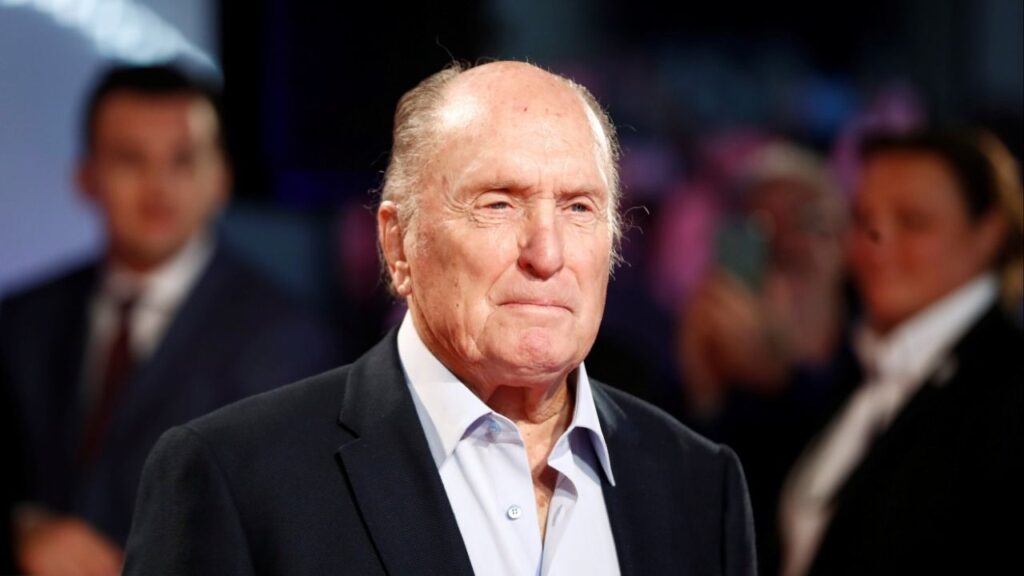FILE — Todd Blanche responds to a question as he testifies during a Senate Judiciary Committee confirmation hearing on his nomination for deputy attorney general and Abigail Slater for assistant attorney general on Capitol Hill in Washington, Feb. 12, 2025. The Justice Department has closed about half of its open investigations into bribery by U.S. businesses overseas but will initiate new prosecutions to more narrowly focus on misconduct that hurts the country’s capacity to compete with foreign companies, officials said on Tuesday. (Pete Kiehart/The New York Times)

- Justice Department closes half of overseas corporate bribery investigations under new policy.
- Trump administration shifts focus to cases affecting national security and competitiveness.
- Critics warn new approach abandons major investigations and weakens corporate accountability.
Share
WASHINGTON — The Justice Department has closed about half of its open investigations into bribery by U.S. businesses overseas, but plans to initiate prosecutions to more narrowly focus on misconduct that hurts the country’s capacity to compete with foreign companies, officials said Tuesday.
President Donald Trump signed an executive order in February pausing all of the department’s investigations under the Foreign Corrupt Practices Act, pending a review of enforcement policies by Todd Blanche, the department’s No. 2 official.
Good government groups criticized the freeze as the elimination of guardrails needed to prevent corporate abuses. The move coincided with the closing of investigations into the aircraft manufacturer Bombardier and the medical device maker Stryker, among others.
Enforcement Shift Aligns With National Security Goals
But Blanche, in a statement, said the decision was made to align enforcement of the act with the administration’s broader goal of increasing U.S. leverage against foreign businesses and governments, by “shifting prosecutorial resources to cases that clearly implicate U.S. national security and competitiveness.”
Blanche, a former criminal defense lawyer for Trump, accused the Biden administration under Attorney General Merrick Garland of opening too many cases, “burdening companies” and damaging national interests.
Critics said the new guidelines were a dangerous reversal that abandoned major investigations, including a deal the Justice Department struck in May with Boeing that spared the company from taking criminal responsibility for deadly 737 Max crashes in 2018 and 2019. Many families of the victims vigorously opposed the agreement.
Critics Warn of Corporate Crime Retreat
“This retreat from enforcing laws against corporate crime is a perversion of justice that further concentrates the administration’s power to corruptly reward insiders and punish perceived enemies,” said Rick Claypool, a research director at the nonprofit watchdog group Public Citizen.
“American corporations that engage in criminal bribery schemes abroad will no longer be prosecuted,” he added. “That’s the bottom line.”
The department plans to offload responsibility for investigating bribery by U.S. businesses and people overseas to local law enforcement and regulatory bodies, officials said.
Criminal Division Defends New Approach
Matthew R. Galeotti, the head of the department’s criminal division, deflected criticism that the department planned to sharply scale back its prosecutions of all corporate offenders, in the wake of the Trump administration rightward policy shift and the firings, forced transfers and mass retirements of experienced career prosecutors at the department.
The criminal division “has not and will not close meritorious investigations or dismiss meritorious cases” involving foreign bribery and other white-collar crimes, Galeotti told attendees of a conference in New York City on Tuesday, according to his prepared remarks.
“We will vigorously pursue these investigations and open new ones,” added Galeotti, a former federal prosecutor in Brooklyn.
In a previous memo, Galeotti outlined other changes, including a new policy of declining to prosecute some offenses reported to the department by companies in a good-faith effort to self-police. Critics believe the move undermines the deterrence of a potential prosecution.
Galeotti defended the protocols, saying they had already yielded whistleblower tips and self-reporting related to “drug trafficking, procurement fraud, health care fraud and more.”
He concluded with a warning to lawyers representing corporations, suggesting they should not assume that they will get a sweetheart deal if they seek “premature” plea agreements or make false claims of prosecutorial misconduct in an effort to gain leverage.
“Be an honest broker,” he said.
—
This article originally appeared in The New York Times.
By Glenn Thrush/Pete Kiehart
c. 2025 The New York Times Company
RELATED TOPICS:
Categories

What to Know About the Homeland Security Shutdown


















